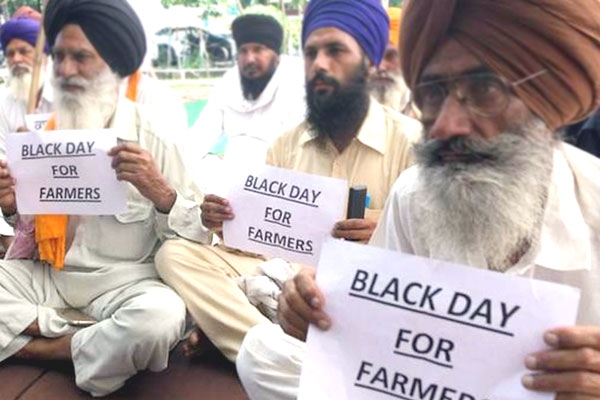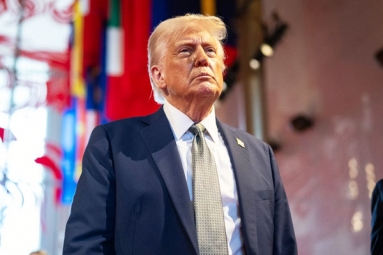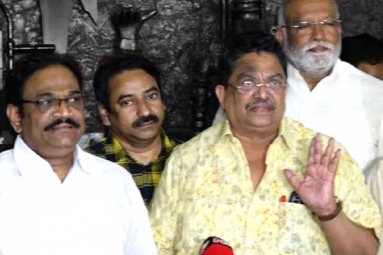
(Image source from: Counterview.net)
Parliament has approved two farm bills which the government says would unshackle the farmers from having to sell their produce at wholesale prices.
PM Modi’s cabinet in June had issued emergency orders to change the longstanding rules in the agricultural sector which contributes to nearly 15 percent of the output and generates a revenue of $2.9 trillion which also has 1.3 billion people employed in the sector.
Opposition parties and some of the farmers’ organizations have criticized the move and went against the rushing changes in the agriculture sector, which is the biggest in India.
The farmers have accused PM Modi of getting the parliamentary approval without proper scrutiny and consultation.
What is the Farm law which led to the contention?
Under the Farmers’ produce Trade and Commerce, Promotion and facilitation bill of 2020, one of the laws approved by the parliament includes that the farmers can directly sell their produce to big traders and retailers.
Many farmers’ organizations have gone against this move and said that if the bill is implemented it would lead to small growers having very little bargaining power.
Nearly 85 percent of the poor farmers in India own less than 5 acres of land and find it very difficult to negotiate directly with the large buyers of the farmers’ produce.
The farmers say that without proper facilities for small growers, the new rule makes no sense.
India’s top farming states like Punjab and Haryana fear that if big retailers start purchasing the products directly from farmers, the state governments would lose out on the tax that these buyers will pay at the wholesale markets.
Why don’t farmers sell directly to retailers?
Under the Agriculture Produce Marketing Committee Act, which dates back to 55 years, it was made compulsory for the farmers to bring their produce to the wholesale markets where the agents would help these farmers sells their produce to either private sellers or a government-run procurement agency.
This step was taken to avoid any exploitation being done to the farmers by the institutional buyers.
Meanwhile, the Modi government argues that these middlemen in the process of selling would in turn increase the prices of the farmers’ produce to the consumers.
How do the wholesale markets work?
The markets are run by the local bodies which ensures that the prices of vegetables and the fruits will be determined by auctions.
However, rice and wheat are directly purchased by the government at the regulated prices.;
Each year, the government raises the rate at which the FCI buys the rice and wheat from the growers so that the farmers are benefited.
Some farmers believe that if the wholesale markets are removed in the intermediate step, the big retailers would tweak the farmers and buy their products at lower prices.
Meanwhile, the commission agents let the farmers weigh, pack and sell their goods to the buyers and ensure that teh timely payments are reached to the farmers.
For millions of rice and wheat growers, these agents are the lifesaving sources in the time of hardships as they lend money to the farmers in the times of crop failure or for a daughter’s wedding.
Many exports and the opposition parties argue that the wholesale traders would lose their incomes if the farmers start selling directly to the institutional buyers.
- By Gayatri Yellayi




















